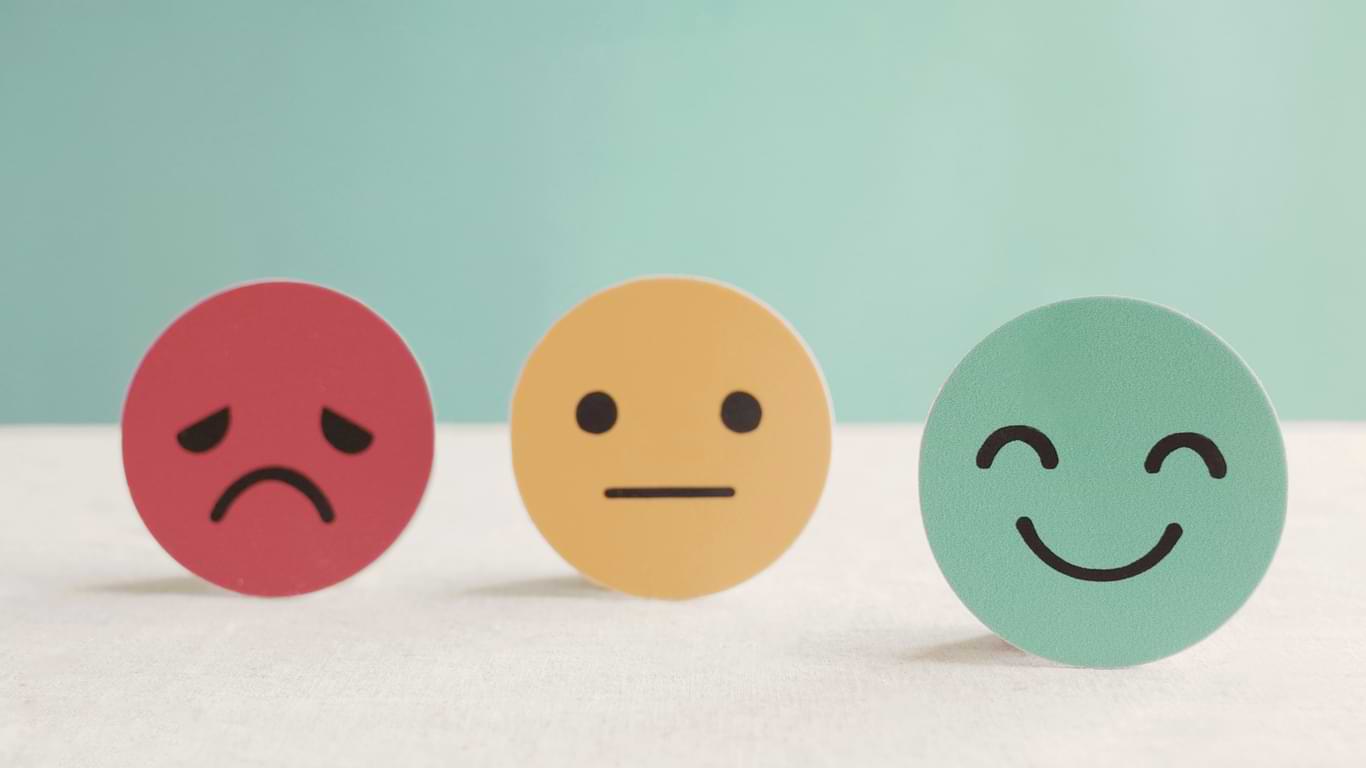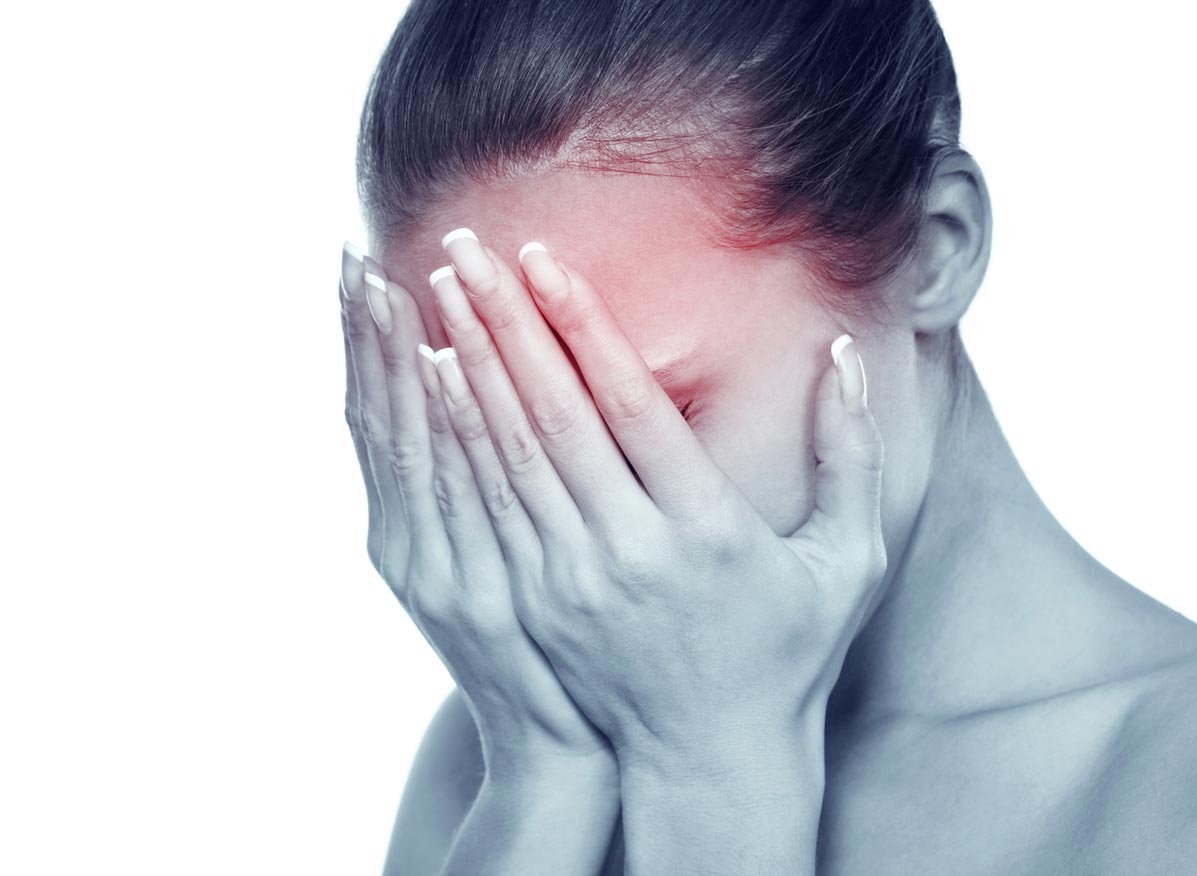How Your Mental Health Is Connected to Your Physical Health?
Mental health often isn’t given the weight it deserves in day-to-day life. Most of the time, it is shoved off as nothing at all or just a lazy excuse to get out of doing things. However, this is never the case. Mental health is a vital part of your existence and has a great impact on how you live your everyday life. It is important to treat mental health problems seriously and seek appropriate help.
Why You Shouldn’t Ignore Your Mental Health+?
In today’s society, mental illness has a lot of stigma attached to it. It is often talked about in whispers or with an air of judgment. Due to the way in which mental illness is perceived, many tend to ignore or dismiss any signs of mental health problems, like anxiety or depression, and console themselves by saying ‘it’s all in your head.’ However, this can have adverse effects on the body in the long run.
Mental health issues left unmanaged may lead to much more serious health risks in the future. So, it is always advised to seek the help you need to nip it in the bud and deal with the problem as soon as you spot it.
The Link Between Your Mental & Physical Health
A physical illness is an indication that a part of your body is damaged and, in response to that, you need to seek treatment to help that body part heal and get better. It is the same thing with mental illness. The body part in question here is your brain.
When you are dealing with issues like anxiety and depression, you need to seek ways to help your brain. If it is not given the proper care and treatment it deserves, things can deteriorate over time, and you may find that your body also becomes affected.
With advancements in medical studies, it has been proven that there is an inextricable link between our mental and physical health. If either one of them swings out of balance, it can be harmful to us. For instance, it has been observed that people with mental illness are more likely to develop physical illnesses and have a shorter life expectancy than the rest of the general population. In fact, those with mental illness are at a higher risk of developing chronic diseases over time.
Some physical problems that can arise as a result of ignoring or not treating a mental illness include weakening of the immune system, weight loss or gain, migraines, and chronic diseases like cardiovascular disease. In addition to this, people who have untreated mental illness may be more prone to engage in smoking, alcohol or substance misuse as a coping mechanism. These unhealthy habits can lead to further drops in one’s physical health, leading to problems with the liver, lungs and blood among other things.
Signs of Mental Health Issues You Should Never Ignore
You can only treat a mental health problem if you are able to recognise it in the first place. If you have not experienced mental health issues before, you may write off warning signs, until the problem has snowballed. With common mental illnesses, including depression and anxiety, things can start small. You may not even notice the initial symptoms. However, knowing what to look for can make treatment and recovery easier. Some common signs are:
- Chronic insomnia
- Extreme fatigue
- Social withdrawal
- Unexplainable and long-lasting sadness or irritability
- Dramatic loss of appetite or increased appetite
- Extreme mood swings
- Loss of interest for things you once enjoyed doing
- Overthinking and constant worrying
Finding Treatment
It can be difficult to accept that you are dealing with a mental illness. However, it is nothing to be ashamed of. What is important is to ensure you are cared for and advocating for yourself. Once you have spotted the signs, it will be easier for you to seek appropriate help.
Taking the Next Steps
At Fresh Therapeutics, we have pharmacists trained in Mental Health First Aid and who have completed the Mental Health Community Pharmacy Program. This means we have been recognised as safe pharmacies to discuss mental health problems with people in the community.
Our pharmacists are also participating in research through Sydney University looking at “Establishing Mental Health Friendly Pharmacies to Assist in the Early Identification and Support of Older Adults at Risk of Depression”.
We have self-care health information that can provide you with the necessary facts for maintaining your mental health. We may also provide information and referrals for managing mental health problems like anxiety, depression, PTSD and sleeping problems. Additionally, if you have been prescribed medicines for a mental illness, we always try to help you understand what to expect from the medication and how best to manage it.
If you have a mental health problem are and in Bondi and need a chemist near you, our pharmacy staff can be of assistance. Contact Fresh Therapeutics today on (02) 9389 3168 (Bondi) to feel better sooner!





